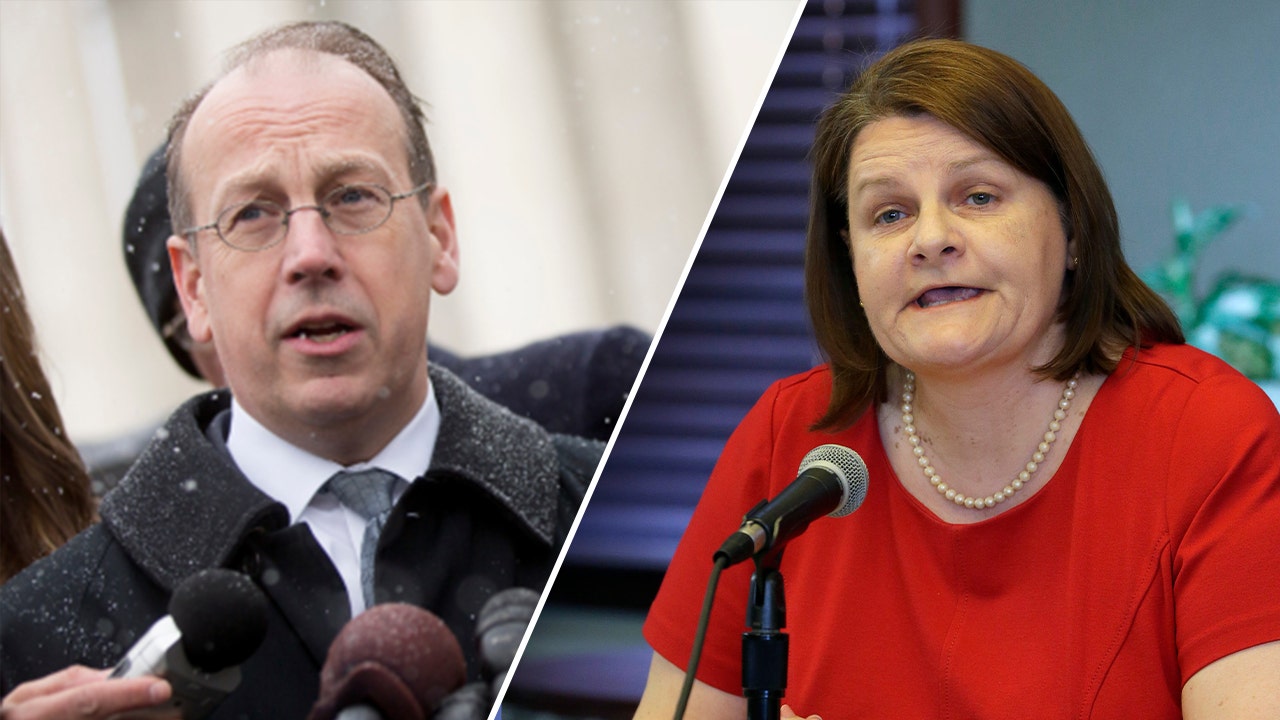Reuters
Thu, May 8, 2025, 4:06 AM 4 min read
LONDON, May 8 (Reuters) - The Bank of England cut its main interest rate by 0.25 percentage points to 4.25% on Thursday, despite an unexpected three-way split among policymakers as U.S. President Donald Trump's tariffs weigh on global economic growth.
The BoE's Monetary Policy Committee voted 5-4 in favour of the decision to cut rates by a quarter point. Two members, Swati Dhingra and Alan Taylor, voted for a bigger half-point cut while Chief Economist Huw Pill and external member Catherine Mann wanted to keep interest rates on hold.
The decision by the British central bank is its first since Trump announced wide-ranging tariffs on April 2, which triggered temporary market turmoil and prompted the International Monetary Fund to cut its growth forecasts for most major economies including Britain.
The BoE said it thought the increase in tariffs by the U.S. and other countries would weigh somewhat on British economic growth and push down on inflation in Britain but it stressed how unclear the outlook remained.
"The past few weeks have shown how unpredictable the global economy can be. That's why we need to stick to a gradual and careful approach to further rate cuts," BoE Governor Andrew Bailey said.
Since the middle of last year, the BoE has now cut interest rates by the same amount as the U.S. Federal Reserve but less than the European Central Bank, due to concerns about high wage growth as well as the risk of persistently above-target inflation.
The BoE said that it had no pre-set path for interest rates and kept unchanged its key "gradual and careful" language there about the outlook for rates. Elsewhere in its policy meeting minutes it said the impact of global trade tensions "should not be overstated". Some investors have been pricing a speeding up in rate cuts later this year.
A rate cut would have been less certain this month without the drag from tariffs, however. For three of the policymakers voting for a quarter-point cut, the decision to cut rates would have been "finely balanced" if the tariffs had not come into effect, minutes of the decision showed.
Based on the situation as of April 29, the BoE estimates the U.S. tariffs will reduce the size of Britain's economy by 0.3% in three years' time and would help return inflation to target sooner.
Later on Thursday, the United States and Britain are expected to announce a deal to lower some of Trump's tariffs on British exports. However the BoE said around two thirds of the damage it forecast to British growth was due to the broader effects of tariffs on the world economy rather than direct tariffs on British goods.
.png)
 German (DE)
German (DE)  English (US)
English (US)  Spanish (ES)
Spanish (ES)  French (FR)
French (FR)  Hindi (IN)
Hindi (IN)  Italian (IT)
Italian (IT)  Russian (RU)
Russian (RU) 








Comments